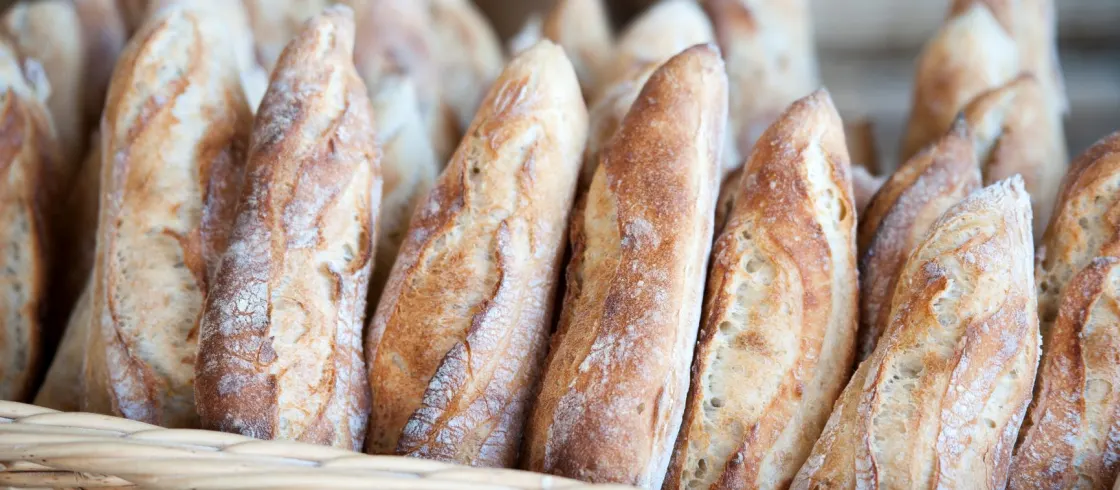Unesco has declared baguette bread as an intangible heritage of humanity. With this recognition, a French gastronomic product that is also part of the tradition and pride of the country is valued.
And it is that a gastronomic product apparently as simple as the baguette is more than a simple bread. According to the French candidacy, it is part of the country's culture, a product that unites socially and that through bakeries is a neighborhood meeting place.
For her part, the Director General of the Unesco Audrey Azoulay wanted to highlight that “By registering the know-how and culture of the baguette in the intangible cultural heritage, UNESCO highlights that a food practice can constitute a heritage in its own right, which helps us to be part of society. The baguette is a daily ritual, a structuring element of the meal, a synonym for sharing and conviviality”.
The baguette, more than bread
Although with a wide culture in its breads and pastries, the baguette was created in France just a hundred years ago. It was in the 20s that due to the approval of a labor law, work was not allowed before 4 in the morning. This was what motivated the bakers' union to create a narrower, longer loaf and with a lower weight than the old loaves. In this way the fermentation and cooking times were shorter and they could serve the bread for the breakfasts of the French.

In this way, the baguette was created, which later became an icon of great French gastronomy. An economic product that has socially united the entire country with bakeries as a place of daily visit. For all these reasons, the bakers' unions have established that the baguette must be a maximum of 6 cm wide, between 60 and 70 cm long and with a maximum weight of 250 grams. In addition, there are only four ingredients: flour, water, salt and yeast or sourdough.







